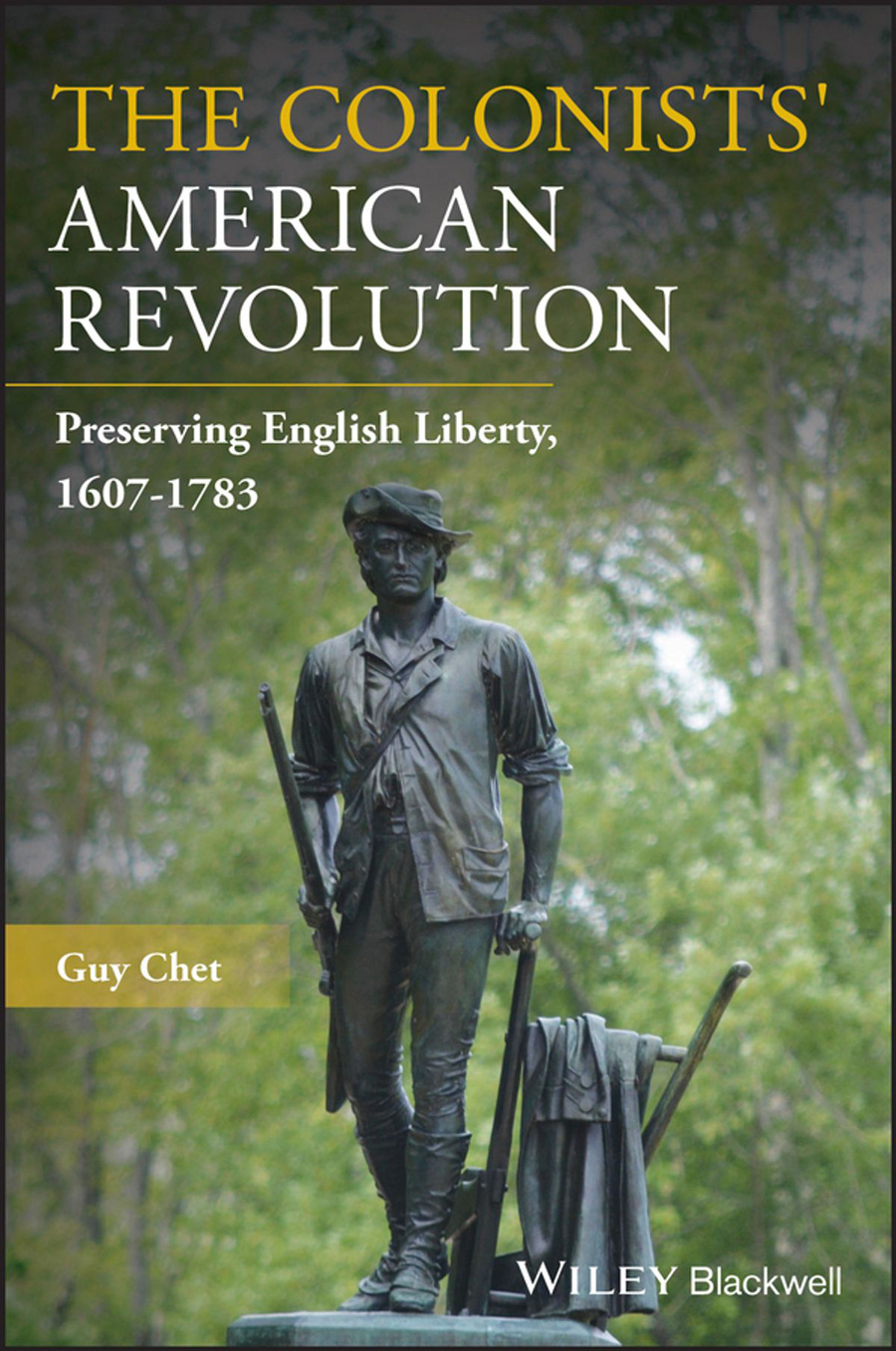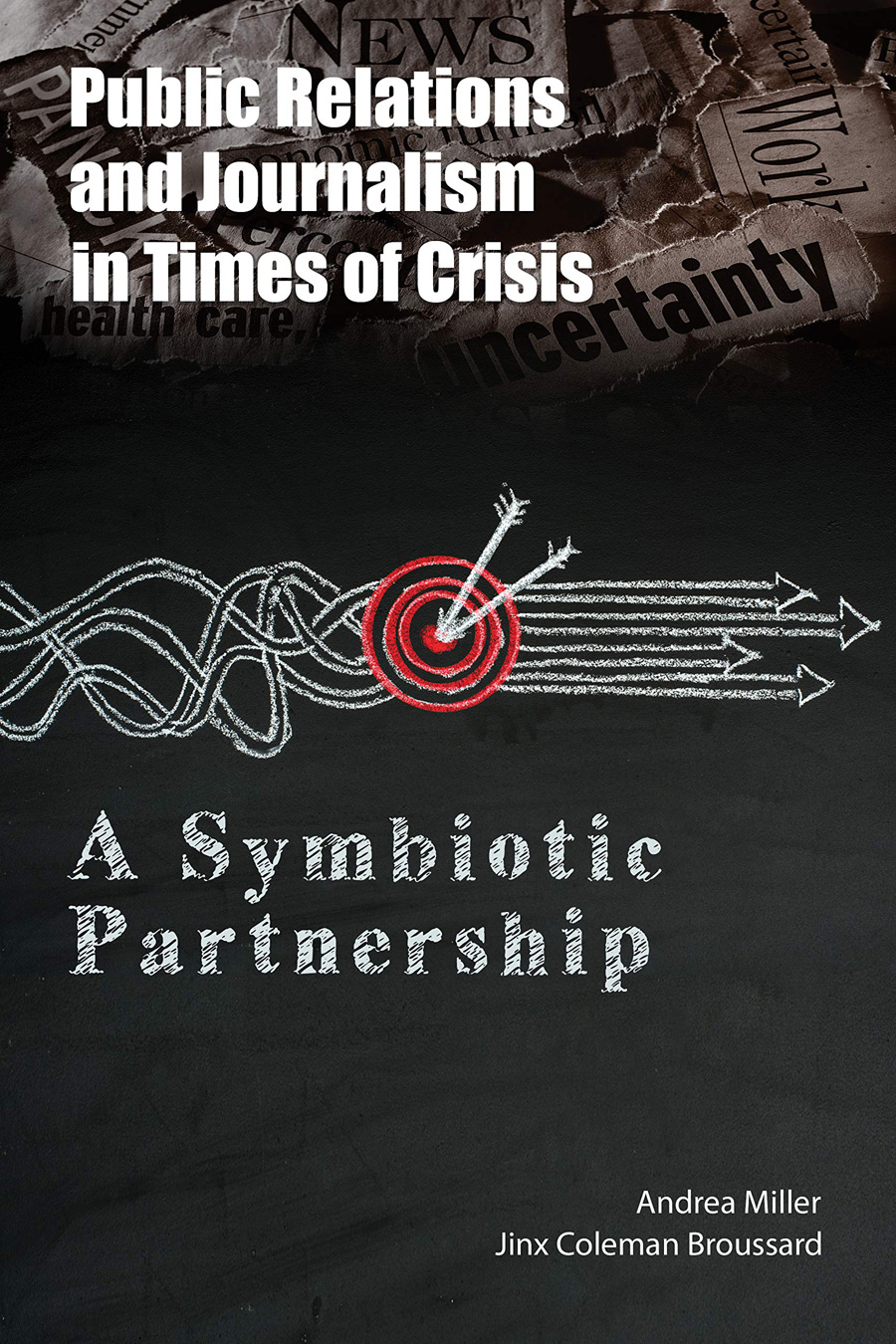Challenging New Ways of Thinking
UNT professors tackle a variety of issues in new books.
March 27, 2020

By Bruce West, Korosh Mahmoodi, and Paolo Grigolini
Three authors with UNT connections use mathematical models to challenge "either/or" thinking in favor of "both/and" thinking.
Paolo Grigolini, professor of physics and director of UNT's Center for Nonlinear Science, says science can expand beyond many disciplines.
"Critical thinking that seems to belong to physics, the origin of cognition that seems to belong to psychology, and the social organization that seems to belong to political science and sociology are actually the key words of a single challenging issue that is not yet settled," he says.
The other writers are Korosh Mahmoodi ('14 M.S., '18 Ph.D.) and Bruce J. West, former head of UNT's Department of Physics and now a senior scientist at the Army Research Office. Rohhisha Tuladhar ('19 Ph.D.) also contributed to the book.
The Colonists' American Revolution: Preserving English Liberty, 1607-1783: A Dissenting Companion to the U.S. History Textbook

By Guy Chet
The history professor challenges the conventional narrative of the colonists' Americanization. He presents the Atlantic as a bridge (rather than a barrier) between England and its colonies.
Public Relations and Journalism in Times of Crisis: A Symbiotic Partnership

By Andrea Miller, co-author
The new dean of the Mayborn School of Journalism explores the coverage of crises communications from both journalism and public relations perspectives through case studies of weather disasters, disease outbreaks and school shootings.
The Ambivalent State: Police-Criminal Collusion at the Urban Margins

By Katherine Sobering, co-author
The assistant professor of sociology examines how clandestine relationships between police and drug dealers shape urban life in Argentina.